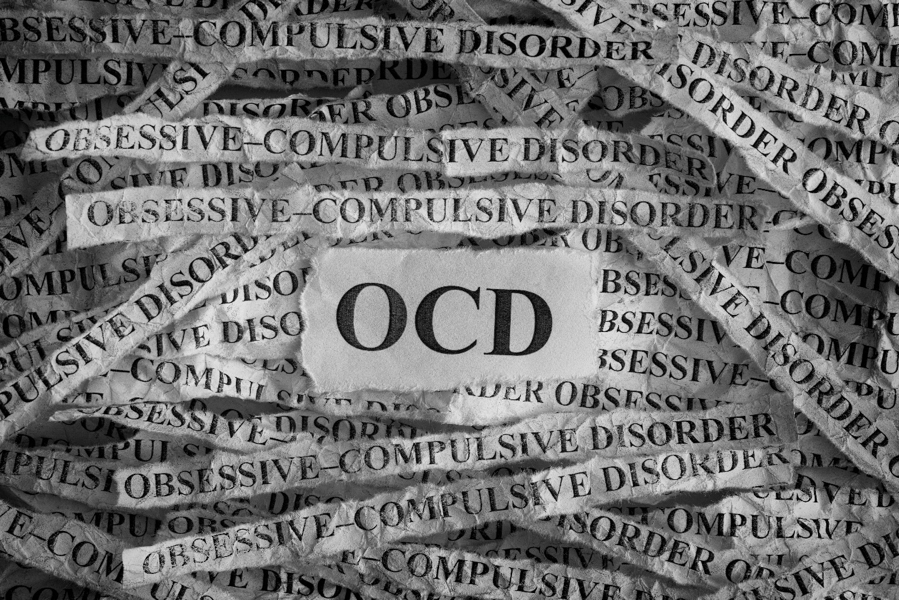Normalizing Pandemic Anxiety
- Concerns about coronavirus (COVID-19) are warranted right now, given that it has been designated a global pandemic, and the vaccine for the virus is not yet available.
- While optimal levels of anxiety can help us to plan and prepare to keep ourselves safe, and our brains are hardwired with the fight—flight-and flee response to prepare us for threats. Excessive anxiety can have an adverse impact on our lives by keeping us in a prolonged hyperalert state, thereby potentially compromising our immune systems and ability to respond to threat reactions.
When Anxiety Becomes Out of Control
- Anxiety is more problematic when it interferes with our ability to function in productive ways. Given that many of us are practicing appropriate social distancing measures and remaining at home, interpersonal relationships with our spouses, children, and significant others can be negatively impacted if our anxiety is excessive and we begin to rely on ineffective coping strategies—like consuming too much alcohol or compulsively checking to ensure that we haven’t been infected by COVID-19.
- Anxiety is expressed in multiple ways, so what follows is an outline of common anxiety disorders accompanied by ways that each can be exacerbated or made worse by fears about the corona virus.
Types of Anxiety Disorders and the Corona Virus
- Panic Disorder is characterized by repeated, unexpected panic attacks, seemingly “out of the blue”; being preoccupied about this pandemic may lead to catastrophizing about somatic concerns (i.e., sensations of shortness of breath can be construed as a definite sign of contracting corona)
- Agoraphobia involves anxiety about being present in situations that involve a difficulty to escape (may restrict travel, confine self to home as “safe place”). While remaining at home is suggested because of fears of contagion, the person with agoraphobia’s fears of venturing out are often reinforced, leading to prolonged avoidance and withdrawal.
- Obsessive Compulsive Disorder (OCD) involves intrusive thoughts and rituals to neutralize those thoughts. Related to COVID-19, the individual may compulsively check online and in the newspaper to see whether the case count of infected individuals has increased in the last hour or day. Intrusive thoughts about unknowingly infecting others can plague the individual.
- Social Anxiety Disorder is the fear of situations whereby the person fears that they are the object of scrutiny or attention by others. While social distancing is done to lessen the chances of contagion, social anxiety involves fears of being negatively judged (i.e., I sneezed so everybody things I have the virus).
- Generalized Anxiety Disorder consists of excessive, unreasonable worries. Unfounded fears of contracting the virus can lead to sleeplessness and chronic stress.
- Separation Anxiety Disorder is often seen in children, wherein separation from a caregiver or parent leads to behaviors like clinging to parents excessively or refusing to sleep without the parent being present. Children need calm reassurances and can experience separation anxiety if that reassurance isn’t forthcoming.

Tips to overcome anxiety
- Learn relaxation techniques and mindfulness meditation to reduce your inclination to react to anxiety. Use deep breathing to calm your body’s physiological response to stress and anxiety.
- Eat well-balanced meals. Do not skip any meals. Do keep healthful, energy-boosting snacks on hand.
- Don’t engage in “safety behaviors”, such as avoiding all news coverage and information about the virus. It’s important to keep abreast of updates without being compulsive.
- Limit alcohol and caffeine, which can aggravate anxiety and trigger panic attacks.
- Get enough sleep. When stressed, your body needs additional sleep and rest.
- Exercise daily to help you feel good and maintain your health.
- Count to 10 slowly. Repeat, and count to 20 if necessary.
- Accept that you cannot control everything. Put your stress in perspective: Follow the CDC guidelines and recommendations from healthcare institutions.
- Welcome humor. A good laugh goes a long way (but remain sensitive to the gravity of our current circumstances).
- Maintain a positive but realistic attitude. Make an effort to replace negative thoughts with positive ones. Remember that the majority of people who contact COVID-19 will be fine.
- Get involved. Volunteer or find another way to be active in your community, which creates a support network and gives you a break from everyday stress. There are currently online supports that help people with feelings of isolation and loneliness.
- Talk to someone. Tell friends and family you’re feeling overwhelmed, and let them know how they can help you. Talk to a physician or therapist for professional help.

Helpful Resources
- Anxiety and Depression Association of America adaa.org
- Awareness Foundation for OCD and Related Disorders ocdawareness.org
- International OCD Foundation iocdf.org
- National Alliance on Mental Health (NAMI) nami.org
- Obsessive Compulsive Anonymous obsessivecompulsiveanonymous.org



